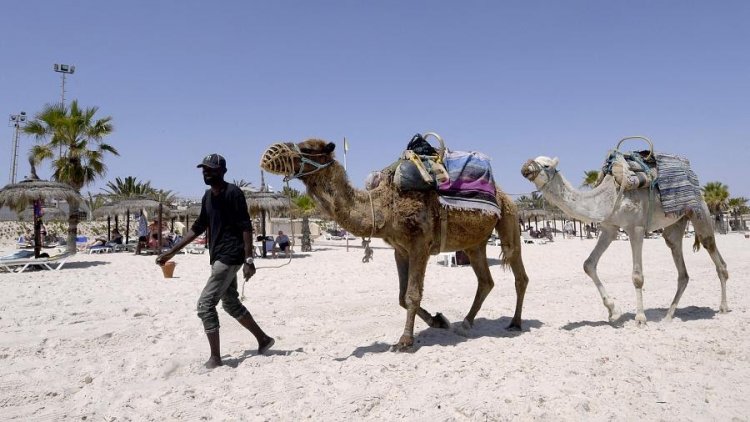Tunisia’s tourism struggling due to summer lockdown measures amidst COVID

After recently hitting all-time record number of cases, Tunisia’s delicate context regarding COVID pandemic continues to affect all the country’s key sectors. The first being the health sector, with hospitals struggling to handle bed occupation and new care facilities quickly being set up to address the situation. In fact, a few weeks ago the rate of positivity exceeded 35%, with 5,921 new cases in 24 hours, 116 deaths, the highest daily rate ever recorded since the beginning of the pandemic.
As a consequence of the worsening circumstances, since the 30th of June lockdowns have been imposed on different regions across the country, with non-exceptional forbidden travel. Besides this, there is a nationwide lockdown from 8 pm until 5 am and all public events have been cancelled.
Apart from the health sector, tourism is also one of the areas that are suffering the most from the current context in Tunisia. This is particularly concerning, considering that the sector amounts to 14% of the African country’s GDP and around 400,000 direct and indirect jobs, around 10% of Tunisian active population.
The low activity is noticeable for many Tunisians, and employees of cafés that are located in highly tourist locations stress that the situation is like never before: “It is already July 10 and there are zero customers at the cafe, this is the first time it has ever happened. As soon as you arrive at Sidi Bou Said and see the city, you can hardly believe it. There is hardly anyone.”
Indirect workers such as vendors in the regions affected by the measures state that: “In the middle of July, a lockdown is imposed. Especially on a Saturday when people want to go out and shopkeepers are waiting for visitors to earn a living. Why? It is Saturday, whole families are waiting to be fed. The crisis has really taken off.”
Tunisia continues to be the worst countries in the regions in terms of deaths caused by COVID, with 14,959 deaths. This is a totally different situation from that of neighbouring countries such as Algeria or Morocco. Some argue that this is due to limited vaccination campaign and their deliveries, with less than 5% having received the two doses, poor respect for barrier measures and also an unequal health system according to the regions, on the verge of collapse.

































